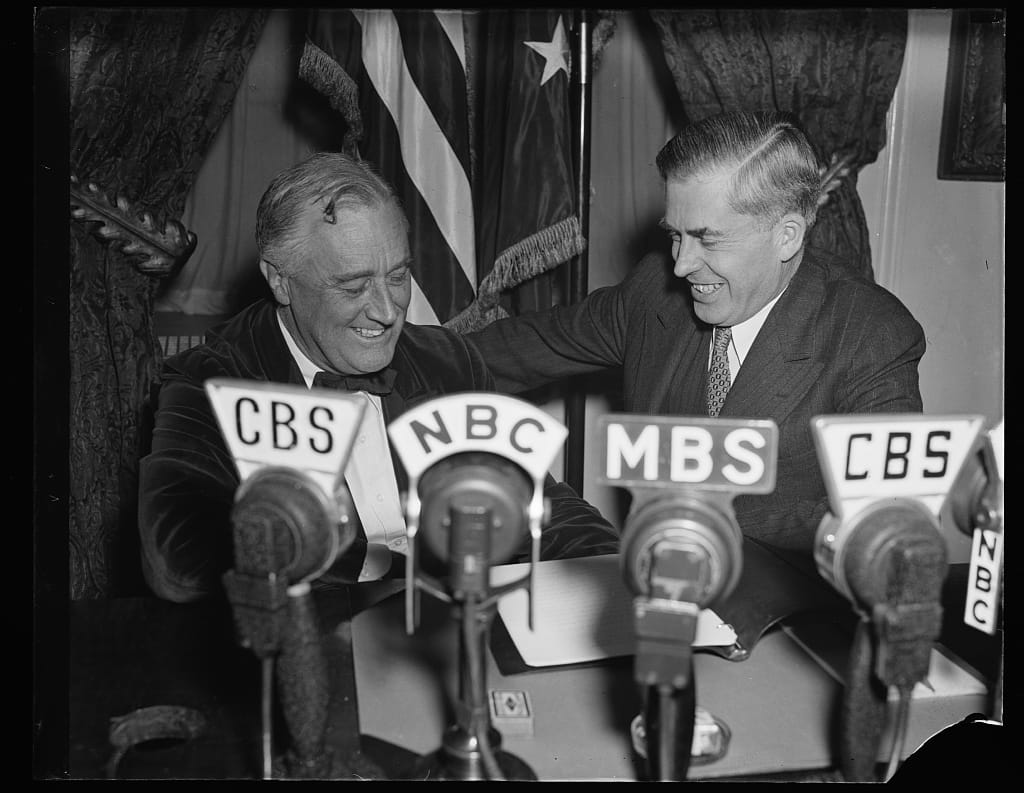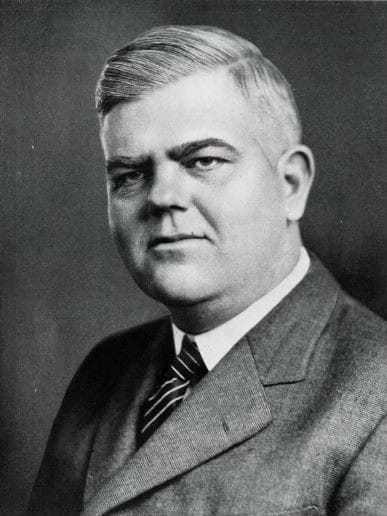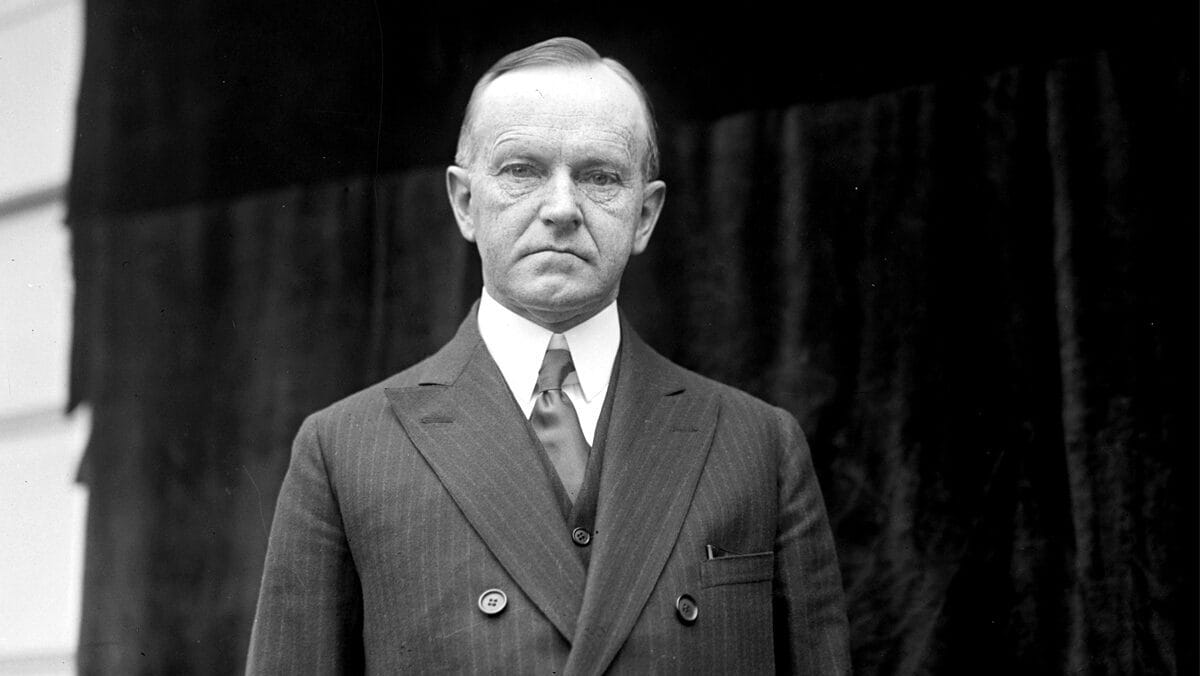State panic over potential federal cuts demonstrates over dependency

The passage of the “One, Big, Beautiful, Bill”—a sweeping tax and spending package—has sparked concern among state and local policymakers over the possible loss of federal funds. In particular, reforms to Medicaid and SNAP (food assistance) have triggered fears that states will need to increase their own spending or find alternative means to maintain current levels of service.
Both state and local governments depend heavily on federal funds to support their general fund budgets and programs. For instance, Iowa approved a $9.4 billion budget for Fiscal Year 2024, yet received more than $13 billion in federal funds, highlighting the deep financial reliance on Washington.
But the panic is not solely tied to the “One, Big, Beautiful, Bill.” President Donald Trump’s Department of Government Efficiency (DOGE) has also seen $9.4 billion in spending cuts green-lighted by Congress. The recommendations have triggered protests and widespread media coverage warning of economic and societal fallout.
This reaction reveals a broader issue: the extent to which the federal government has exceeded its constitutional boundaries, and how entrenched states have become in their dependency on federal dollars.
federalism as a foundation
It’s hard to think of a policy area that is not somehow influenced by the federal government. The Constitution never intended for this to happen. The Constitution created a national government whose powers were limited. Through federalism, the Founders ensured a clear division of power: the federal government would be sovereign in limited, defined areas, while all other powers were reserved to the states.
Federalism was just as important as the other mechanics of the Constitution, including separation of powers, checks and balances, and the rule of law. Further, federalism would be reinforced when the Constitution was amended with the Bill of Rights. The Tenth Amendment is known as the “federalism amendment.”
Although the discussion of federalism often centers on the dollars flowing to state and local governments, it is crucial to not forget that this is a constitutional issue. Federalism is much more than just the division of political power. The late Judge Robert H. Bork argued that “federalism is the constitutional guarantee most protective of the individual’s freedom to make his own choices.”
The rise of dependency
The reason states have grown dependent upon the federal government is a direct result of Congress assuming more responsibilities in policy areas that formerly were considered state responsibilities. The Great Depression, which triggered President Franklin D. Roosevelt’s New Deal, was a crucial event that led to the acceleration of the growth of the federal government. Judge Bork described the “New Deal as an economic and governmental upheaval.”
Further, Judge Bork argued that the “New Deal stood for a sudden and enormous centralization of power in Washington over matters previously left to state governments or left in private hands, a centralization accomplished largely through the assumption of greatly expanded congressional powers to regulate commerce and lay taxes.”
The New Deal was followed up by President Lyndon B. Johnson’s Great Society, which further expanded the federal government’s reach into policy areas that were state responsibilities. This trend continued until present day and is the reason the national debt is $37 trillion, and Congress continues to run massive budget deficits.

The need to revive federalism
Restoring federalism will not be easy. From a cultural perspective, it will take a renewal of constitutionalism among the American people to realize the importance of this constitutional principle. From a legal standpoint, it will be essential for courts to enforce the original intent of the Constitution. As an example, during the early phase of the New Deal the Supreme Court struck down many New Deal programs as unconstitutional in defense of federalism. “There is much to be said, therefore, for a Court that attempted to preserve federalism, which is a real constitutional principle, by setting limits to national powers,” wrote Judge Bork in reference to the Supreme Court in the New Deal era.
Politically it will take policymakers at both the federal and state levels to commit to restoring limited government and the constitutional balance of power. Two examples of this are worth noting. President Calvin Coolidge and Minnesota Gov. Theodore Christianson were two Republican conservatives during the 1920s. Both were fiscal conservatives who placed priorities on limiting spending and tax reduction, but they also understood the importance of federalism, not just in terms of policy, but as a constitutional principle.
Warnings from Coolidge and Christianson
In his 1927 budget message to Congress, Coolidge explained an appropriation “for the promotion of the welfare and hygiene of maternity and infancy.” Coolidge reminded Congress that the federal funding for this program would expire in 1929, and the states would take full responsibility. In addition, Coolidge argued “that the states are now or should be able to carry on this work without aid or interference from the federal government.”
Finally, Coolidge argued that no matter “how worthy” the program, Congress getting involved in policies that should be left to the states created considerable problems for both states and taxpayers. As Coolidge stated:
This opens up the whole subject of state aid, which despite frequent warnings continues strongly entrenched in federal operations. While the amount of money taken annually from the federal Treasury for subsidies to states is not inconsiderable, the dangers inherent in the policy are of far greater importance. To relieve the states of their just obligations by resort to the federal Treasury in the final result is hurtful rather than helpful to the state and unfair to the payers of national taxes. To tempt the states by federal subsidies to sacrifice their vested rights is not a wholsesome practice no matter how worthy the object to be attained. Federal interference in state functions can never be justified as a permanent continuing policy even if, which is doubtful, such interference is warranted by emergent conditions as a temporary expedient. As shown in the Maternity and Infancy Act, when once the Government engages in such an enterprise it is almost impossible to terminate its connection therewith. We should not only decidedly refuse to countenance additional federal participation in state-aid projects, but should make careful study of all our activities of that character with a view to curtailing them.
Christianson shared a similar concern with Coolidge that federal encroachment upon the states would lead to significant problems. “I also disapprove of the practice of offering federal subsidies as a spur to state action. I disapprove of it because it is an attempt to coerce the states into doing something which the states would not do on their own volition” stated Christianson.

As a consequence, Christianson argued, the federal government’s involvement in state policy would lead to an enlargement of bureaucracy, greater regulation, and a higher burden for taxpayers. Christianson stated that federal subsidies “unless checked, lead to the establishment of great bureaucracy which, acting through federal agents, inspectors and regulators, will shape the policy of states in their local concerns, not according to the needs of each state, but according to the rigid and unchangeable theory of some newly-hatched collegian two thousand miles away!”
Federal dollars flowing into the state also impacted taxpayers. “For every dollar so paid out, another dollar must be raised by the states. If the vogue of matching money continues, we shall soon see the taxing power of the states mortgaged in advance to support projects determined and controlled at Washington.”
Christianson noted that he opposed this because of “the burden it places on the taxpayers.” He understood that a more centralized federal government would undermine “competitive federalism,” the interstate competition vital to innovation and accountability.
A defining quality of federalism is that it allows states freedom to enact policies within numerous policy areas, and states can learn from one another in this regard about both good and bad policy ideas. The progressive Supreme Court Justice Louis Brandeis referred to federalism and states as “laboratories of democracy” in this regard. Christianson somewhat agreed when he stated that “in their [states] very diversity lies the strength of America.”
“Such opportunity for, and practice of, experimentation on the part of the States make variety and progress possible; but they would be forfeited under centralization,” argued Christianson in noting the consequence of the erosion of federalism.
Both Coolidge and Christianson were prophetic in their warnings about the centralization of the federal government and the resulting impact upon the states. Critics may try to dismiss both Coolidge and Christianson as being “obsolete” because they are from a different era.
It’s true that government at both the federal and state levels was quite different in the 1920s than it is today. Even so, both Coolidge and Christianson faced political battles over fiscal policy and made difficult decisions to keep spending in check. Most importantly, they shared a belief in constitutionally limited government—not only as a matter of fiscal conservatism, but as a foundation for liberty.
Today, the warnings offered by Coolidge and Christianson hold true for Iowa and every other state. Iowa is dependent upon federal funds and the General Fund is held “hostage” by whether or not those dollars continue to flow into the state. The cost of government for Iowa taxpayers is also increasing and reducing the tax burden is becoming more difficult because of the increasing demands of government spending. Federal funds also undermine the sovereignty of Iowa policymakers.
“When a government is too highly centralized and too far removed from the people, a condition arises which is disastrous to the government and bad for the people,” noted Christianson.
This is why fiscally conservative policies at both the federal and state levels are essential. But equally important is the need for policymakers to ground their decisions not only in sound policy, but also in constitutional principles. Both Coolidge and Christianson recognized that the foundation of good governance rests on fidelity to the Constitution.
The panic and even hysteria over the “One, Big, Beautiful Bill” and the proposed DOGE cuts demonstrate not only how dependent states and localities are on the federal government, but also how far we have drifted away from constitutional government.
John Hendrickson is policy director at Iowans for Tax Relief.



